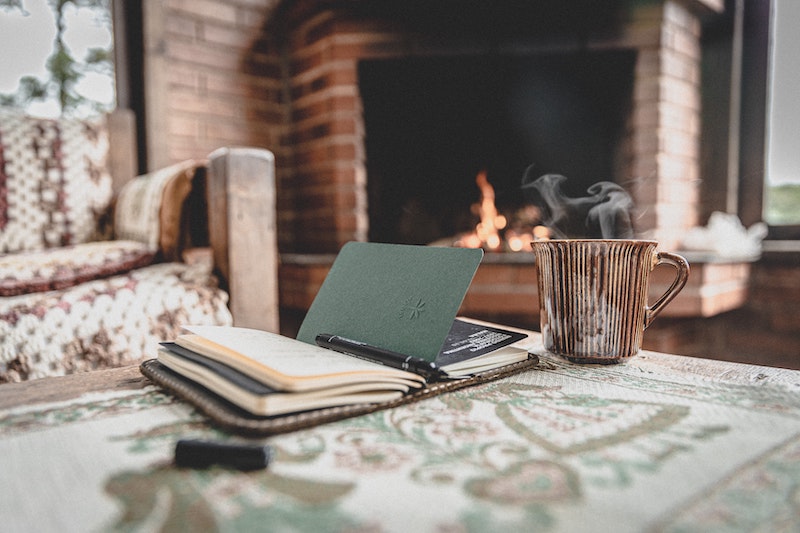With winter in full swing and the #stayathome lifestyle now the norm, why not book in some solid writing time? A DIY, at-home writing retreat can be exactly what you need to start a new project, gain momentum, or polish that manuscript.
We’ve put together a few tips on running your own writing retreat at home:
Plan.
Consider what you want to achieve ahead of time, and plan for it. If you know you work best with a set schedule, create one with time for writing, revision, walks, writing sprints/exercises and meals. If you’re more free and easy, jot down a loose plan with your goals for the week ahead.
If you have a specific project you’d like to work on, it’s useful to create an outline beforehand or set this as your first task. The plan will likely change as you go, but having goals gives you structure and something to orient yourself towards each day. Some days you will meet your goals or word counts, others you…will not. But by the end of the retreat it will even out.
Commit to it.
Find a weekend – or ideally longer – when you don’t have anything else on, and commit to it. Block the time out in your schedule and tell your partner/ housemates/ kids/ friends that you’ll be on a retreat. If you can’t find the time for a full retreat, try a day-long writing event like Work Space.
Don’t (always) go it alone.
You’ll be spending a good amount of time solo, so it can be beneficial to check in with other writers. An online writing drop-in is ideal, giving you with a structured block of time with like-minded writers. This this twice-weekly one from Writers Victoria is a great option, but you can also set aside half an hour with a few writing friends to write together over Zoom or social media and enjoy the virtual camaraderie.
Create an atmosphere.
Not all of us have a room (or even a desk) of one’s own, but it’s important to make space for your writing. Gather items that help to get you into the zone: books you love, inspirational art, literary journals you want to query, or new stationery. It’s not necessary to spend any money. For me it was a virtual fireplace, a fresh notebook, and a bunch of tulips.
Create mental space.
It’s just as important to create mental space. It’s all too easy to ‘just check in’ on social media and then find yourself doom scrolling for an hour. Turn off notifications on your phone and your WiFi, don’t check your emails, don’t check your emails, and if you find yourself tempted, an app like Forest can help you stay focused.
Have exercise ideas or prompts ready.
If it’s just not flowing, take a break and work on an adjacent task like revising or character building. The Internet is full of prompts and writing exercises – try this list, or this one.
Take breaks.
Time away from the desk gives you time to think: an essential act for any project. Writing isn’t only about putting the words on the page, it’s about reflection and letting the subconscious do its thing. Sometimes the best ideas happen when you’re in the shower/ on a nature walk/ eating a sandwich.
Enjoy it.
Writers at all stages take retreats to get their writing done. Far from a luxury, a retreat is about respecting your writing practice and yourself as a writer. As well as giving you time to focus, a writing retreat signals to yourself – and to life – that you’re serious about your writing. So give yourself that permission to write – and enjoy it!








